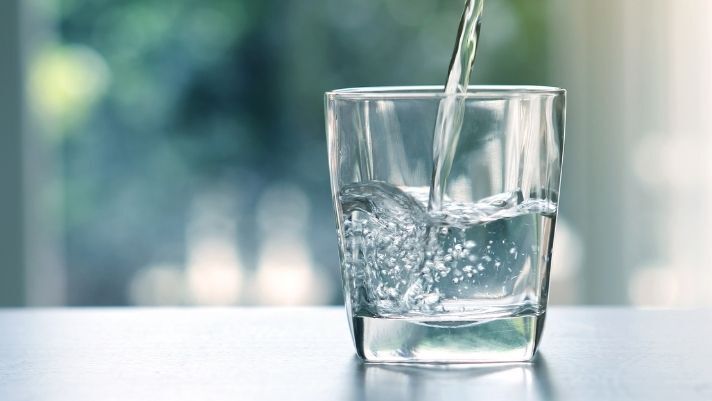
Water is vital for every body to function. It’s also important for weight loss and maintaining healthy digestion. Learn more below about the importance of water in your diet.
How Much Water To Drink
Individual needs for water vary depending on exercise, climate, and overall health. Some people get along fine on the standard eight glasses of water per day, while others need more and some are fine with less. You can tell that you’re getting enough water if you don’t often feel thirsty and if your urine is clear or light yellow. Check with your doctor about how much water you should consume per day based on your individual circumstances.
Water Is the Body’s Lubricant
Your joints need water to help cartilage and connective tissues act as cushions and lubricants for your joints. Not drinking enough water impairs the joints’ shock-absorbing features, which can lead to pain. Drinking enough water to keep your joints lubricated can ease some of the pain of arthritis.
Water Regulates Body Temperature
When sweat evaporates, it carries heat away from your body. But you’ll heat up again if you don’t replace the water you lost through sweating. When you’re dehydrated, your body can’t get rid of excess heat well, which could lead to heat-related illness such as heat exhaustion or heat stroke—especially in hot weather.
Water Provides Energy and Supports Brain Function
Water is also important to your diet because it’s necessary for the blood to deliver nutrients and oxygen to cells all over the body. Dehydration can make you feel anxious and tired and impair brain function and memory. Drinking enough water can lift your mood, help you think more clearly, and provide more energy.
Water Helps You Lose Weight
Drinking about two cups of water half an hour before a meal can make you feel fuller, and as a result, you eat less. If you’re not drinking enough water, your body may retain water, impairing weight loss. Water helps the colon and kidneys rid the body of waste and prevents constipation. Water also boosts metabolism. All these effects can help you lose weight.
If you’re exercising, eating healthily, and drinking enough water but you’re not losing weight, a hormonal issue could be impeding your progress. Your doctor may recommend that you see an endocrinologist. Dr. Philip Rabito is an endocrinologist in NYC who specializes in weight loss and the diagnosis and treatment of hormonal disorders.
How Much Is Too Much?
Water intoxication, or hyponatremia, is a dangerous and life-threatening condition. It happens most often to athletes who drink too much water all at once, diluting sodium levels in their blood. Sodium is necessary for transmission of nerve impulses and for muscle contraction. Drinking too much water within a short time overwhelms the kidneys, which can’t keep up with getting rid of the excess fluid. Space out your water consumption throughout the day, and consult your physician for specific recommendations for your total fluid intake per day.

